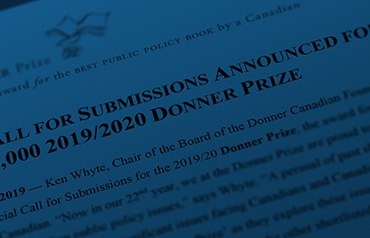Announcing the 2020 Donner Prize Shortlist
Sécurité, liberté et criminalité
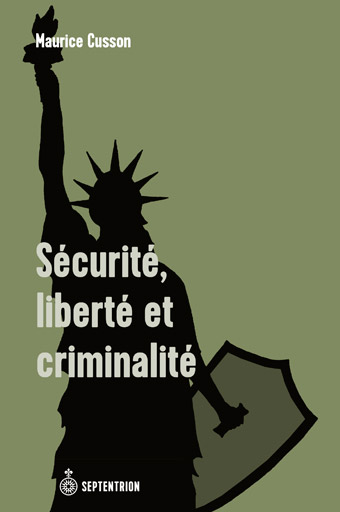
Cusson’s overview of the principles involved in maintaining physical security of the person without infringing on the rights of individuals should be required reading for every politician and journalist in Canada. This issue is fundamental in the governance of a liberal democratic state. Given recent surges in aggressive behavior (January 6th in the US, “gilet jaunes” in France), the need to strike the right balance between freedom and security in the world of BLM and Defund the Police is critical. He skillfully blends historical analysis with contemporary data to support his policy recommendations. He includes important discussions on the need for first-rate training for police, and also the knotty issue of using military for domestic policing. Clear, concise, and timely, this book is a valuable contribution to the discussion of the basic trade-off between security and liberty.
Maurice Cusson is a criminologist, writer and professor emeritus. He received the Governor General’s Award for his book Le Contrôle social du crime . He is a fellow of the Royal Society of Canada.
Reset: Reclaiming the Internet for Civil Society
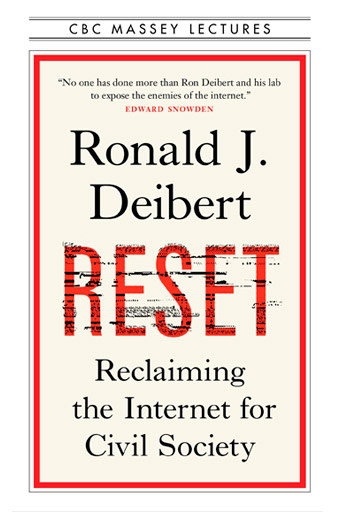
As a society and a democracy, we are slowly becoming aware of the power, use and more importantly misuse of our digital data. The need for government to grapple with the oversight of this space is clear. Currently, in Canada, it is of pressing importance. In RESET, an exceptionally well-written and accessible book, Deibert draws upon many real-life and startling examples (GlaxoSmithKlein’s investment in 23andMe). The information and issues, while complex, are effectively synthesized. Despite the promise the internet holds for the future of civilization, Deibert explains the forces that have undermined the nobler purposes and suggests policy to correct these malign forces. The book is compelling, clear and provides a solid case for action on the part of government. And RESET will make many Canadians more thoughtful about how they use their cellphones.
Ronald J. Deibert is professor of Political Science and director of the Citizen Lab at the Munk School of Global Affairs and Public Policy, University of Toronto. Deibert is the author of Black Code: Surveillance, Privacy, and the Dark Side of the Internet.
The Machinery of Government: Public Administration and the Liberal State
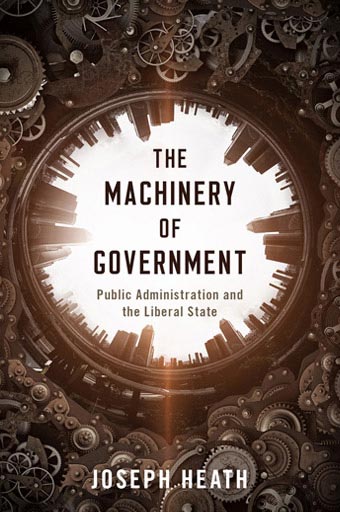
The “machinery of government” – i.e., the activities of the public service as agents of elected representatives – constitutes the largest “industry” in every modern society. It is the direct means by which government performs (or fails) on behalf of the citizenry. In The Machinery of Government, Heath sets out the fundamental arguments on what constitutes good governance. He emphasizes three basic principles – equality, efficiency, liberty – as well as tools such as cost-benefit analysis and the Pareto Principle in developing and executing policy. Heath points out how much power lies in the hands of the permanent public service, and by dissecting potential for and limitations of this power, he contributes to a greater understanding of the role of the public administrators. He addresses both the theoretical and philosophical basis for effective public administration, including ethical and moral issues.
Joseph Heath is Professor in the Department of Philosophy and the Munk School of Global Affairs and Public Policy at the University of Toronto. Heath is the author of several books, including Enlightenment 2.0, which was shortlisted for the 2014 Donner Prize and won the Shaughnessy Cohen prize for Political Writing.
Citizen’s Guide to Climate Success: Overcoming Myths that Hinder Progress
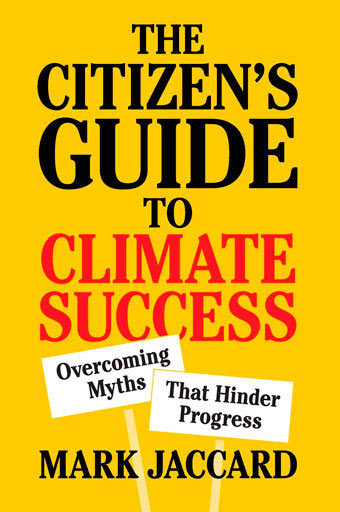
The issues of climate change/disruption and the development of new and innovative approaches to address them, are fundamental to our collective future. With a clear explanation of complex issues, Jaccard aims to encourage greater citizen understanding and support – a prerequisite for serious political commitment. He makes a key, and surprisingly controversial, argument – political “do-ability” is essential in any climate change policy. A crucial lesson for economists, social idealists, and techno-optimists is that insisting on perfection guarantees failure. Jaccard’s recommendations are pitched at two levels. For governments he has clear and practical recommendations (domestic electricity and transportation). As the title suggests, much of his advice is to citizens on how to distinguish real progress from lip service. This is a wise, clear, most comprehensive but also pragmatic treatment of current thought on climate change and how to move forward to mitigate it.
Mark Jaccard is a professor of sustainable energy at Simon Fraser University in BC. He has helped many governments with climate-energy policy. He is a member of the Royal Society of Canada and his earlier book, Sustainable Fossil Fuels won the Donner Prize.
The Age of Fentanyl: Ending the Opioid Epidemic
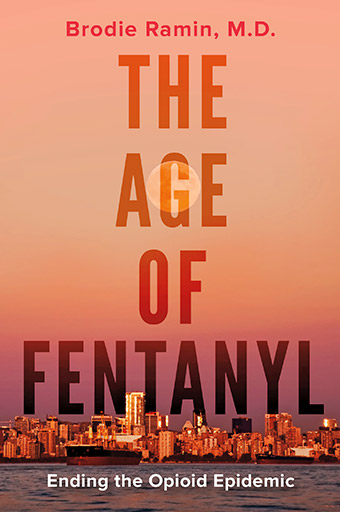
The opioid epidemic is real, growing, and in many parts of Canada is killing more people than COVID. In his empathetic presentation of the personal causes of addiction and an excellent survey of potential policy measures to deal with supply and treatment, Ramin makes a real contribution to the understanding of the issues and the enormous challenges (legal, ethical, political) involved in resolving the crisis. The Age of Fentanyl is especially strong in describing the evolution of the opioid epidemic and discusses “treatments” from both medical and social viewpoints. He is particularly successful in making the medical explanations accessible and juxtaposing those with policy recommendations. His personal experience on the front lines, and combination of individual stories with the rationale for some potentially difficult policy recommendations (i.e., de-criminalization, safe drug use centres) make the book recommended reading for police, physicians, social service providers, and everyone involved in drug and addiction policy.
Brodie Ramin, M.D. is a primary care and addictions physician in Ottawa. He is an assistant professor at the University of Ottawa, and a Diplomate of the American Boar of Addiction Medicine.

